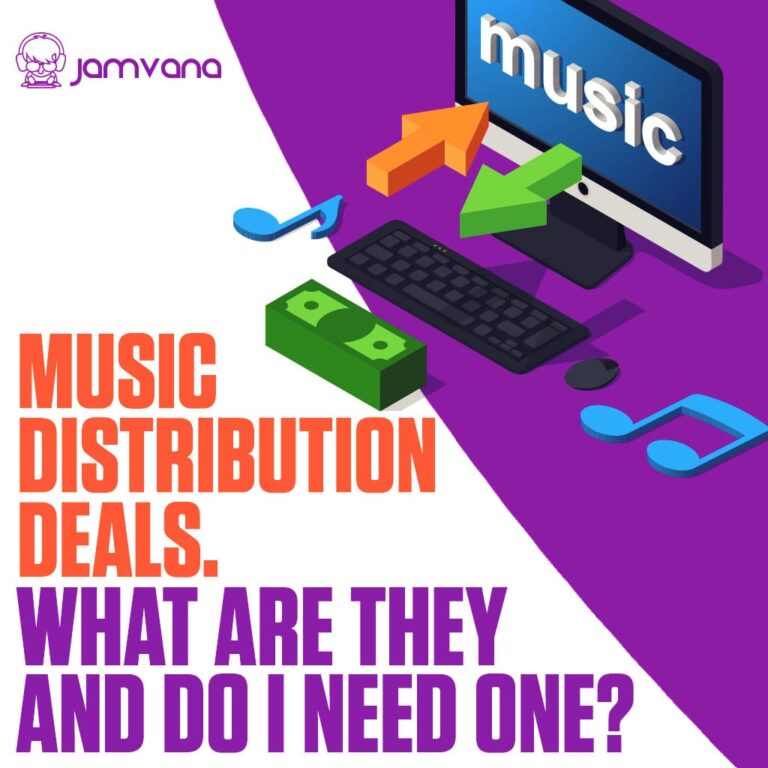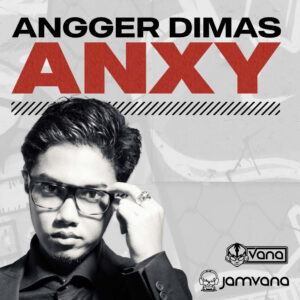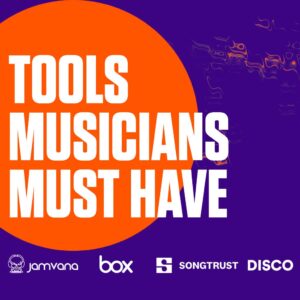Is a music distribution deal necessary in today’s music business?
With most things in music, it depends. There are a number of factors that need to be taken into account before jumping in and signing your name on anything, especially one that will be handling any form of your intellectual property.
Most producers, songwriters, and musicians don’t want to put any of their hard earned money in a deal that will benefit a company more than them.
It’s worth noting that a music distribution deal is different from a music distribution service. Digital music distribution companies, like Jamvana, provide a service for independent musicians. They act as a middleman between musicians and digital service providers to get your music online; however, most of them do not offer physical distribution.
What is a music distribution deal?
A music distribution deal is a contract between a record label and a music distributor. The distributor will then distribute the music to various retailers, such as iTunes, Spotify, and Amazon who will sell the music to consumers.
According to The Balance Careers, “Under the manufacture and distribution deal, the distributor pays for the manufacturing costs of an album beginning with the pressing process, all the way through to printing of the labels.”
Music distribution deals are common for record labels, such as Universal Music Group, Sony Music Entertainment, and Warner Music Group. Such deals can be used to spread the risk of selling their music by selling it through a variety of channels instead of just one distributor.
What are the benefits of a music distribution deal?
A distribution deal can be beneficial for artists in many ways. It can help them get their music out there to the masses, increase their sales, and make connections with other industry professionals.
But, there are some artists that make the mistake of not understanding how distribution works and therefore get scammed out of their hard earned money and time.
Music distribution deals aren’t always favorable for the artists and its label, though. They function similar to a record label deal, but they are in heavy favor for the manufacturer. This is because the manufacturer is the one who has the most expenses in the distribution process. They have the vinyl, CDs, hardware, software, and equipment to move through this process. High quality equipment isn’t cheap.
Until this money has been recouped, the record label will not receive payment. If the label has a lot of releases that need physical distribution then this could run up the label’s bill with the distributor.
Additionally, if the records simply don’t perform well in stores and earn the label money then the label may operate at a loss in this distribution deal.
What is the difference between a music distribution deal and record label deal?
Record label deals are typically a more expensive way to release your music. They also have a lot of strings attached, such as the right to distribute your music and the right to release your albums independently. Some labels will own the master rights in perpetuity, so you won’t be able to touch them, unfortunately.
Music distribution deals, however, can be less expensive and they allow you to retain all of the rights to your music. They also don’t require you to sign away any publishing rights or distribution rights.
How to find the right music distribution deal
The best way to find the best deals for your needs is to research and compare different offers, different labels and distributors, which will help you get the most out of your music.
Start your research by looking at the market share of a company and see companies they distribute to, among other things. Is their customer service good? What is their distribution process like? Who are some other artists they’ve worked with in the past? What success have they seen?We talked about how to find the best music distributor in a previous blog post.
Conclusion
If you’re a record label and looking to expand your offerings to your roster, then a distribution deal may be an avenue you’ll want to explore. Just remember to weigh your options and do your research before signing anything.
Independent musicians, on the other hand, will likely find that a music distribution deal isn’t something they need at the current moment. In fact, it may be best to spend your marketing money on other things, such as advertisements, brand partnerships, and quality mixing and mastering.






